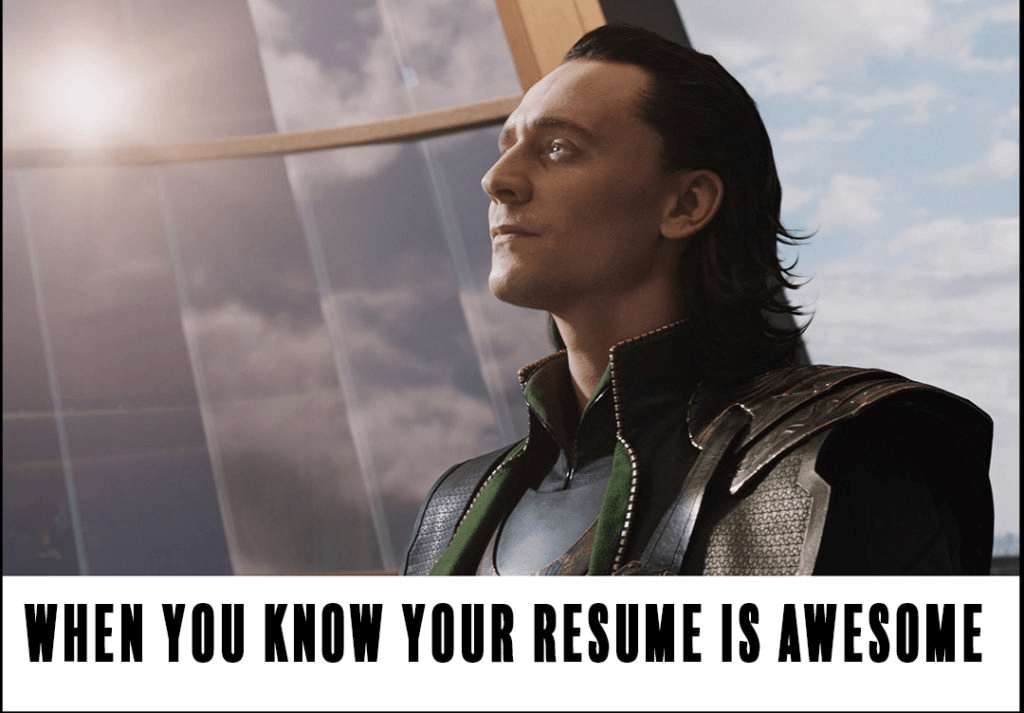How To Write The Perfect Developer Resume (From A Recruiter)

The best developers often have the least impressive CVs, which frustrates us, as recruiters. It’s not always necessary to have an outstanding CV if you’re good at what you do, but failing to do so can hurt your career. CVs are great for showcasing your skills and experience and are often the first contact between you and an employer.
Creating a good CV doesn’t have to be a time-consuming process and can be done in 15 minutes. It’s important to have a CV that effectively conveys your skills and experience when applying for a new job. As a recruiter, I’m not the best person to articulate your strengths, you are!
In this blog, I will provide a brief guide on what makes a good CV, what to include, and what to avoid.

Contact information & personal statement.
Firstly, it goes without saying that it’s essential to include all your contact information at the beginning of your CV.
Next, the personal statement section should be succinct and include something interesting about yourself or your coding ethics and attitudes; for example, if you prioritize quality in your work, highlight instances where you have improved test coverage or scaled a system without compromising on quality.

Educational history.
The educational history section can be placed at the top or bottom of your CV, and it’s of less importance compared to other sections. BUT the section on spoken languages can be a significant asset, particularly if you are fluent in a language that may be relevant to the position you are applying for.
A technical skill summary.
A technical skill summary can be included, which provides a brief snapshot of the various programming languages, frameworks, and tools that you have used, but it doesn’t really matter whether this appears at the beginning or at the end of your CV.
The most important part; your employment history.
The most crucial part of your CV is your employment history and it’s important to provide a summary of your responsibilities, objectives, and projects for each role. It’s not sufficient to simply list the company name, your job title, and the technologies used. Instead, this section should explicitly communicate what you have achieved, the tools utilized to accomplish objectives, and a summary of your responsibilities. You should include the name of the employer, the duration of employment, the job title, and the business location.
A brief introduction to the company is useful to provide context.
The next paragraph for each role should provide a detailed account of your core duties, responsibilities, projects, objectives, and daily activities. Include information about your coding experience, involvement in code reviews, scrum meetings, and requirement gathering, among others. Provide any additional information that may be useful to another company.
Your CV would really pack a punch if you were able to include a brief section highlighting an achievement or a proud moment for each role in your employment history.

Finally, provide a short summary of the technology used in each role to provide context on how you applied your technical skills. This is especially useful for hiring managers in assessing your proficiency in a particular tool.
If you have multiple entries in your employment history, provide the above information for each entry. If you are a freelancer with a long list of projects, it may be useful to include this information only for your most recent roles. Ideally, your CV should be concise and limited to two or three pages.
Take the time, it’ll be worth it!
As a skilled developer, you may be confident in your abilities and feel like you don’t need to invest much time into writing a CV. However, it’s important to remember that a CV is the first impression employers will get of you and your experience.
A well-crafted CV can demonstrate your skills and experience in the best possible light, helping you to stand out to potential employers. It can also help you to demonstrate any relevant qualifications or certifications you hold and highlight any projects you have been involved with.
Remember, a CV reflects you and your professional experience, so it’s worth taking the time to ensure it is up to date-and presents your skills in the best possible way.










